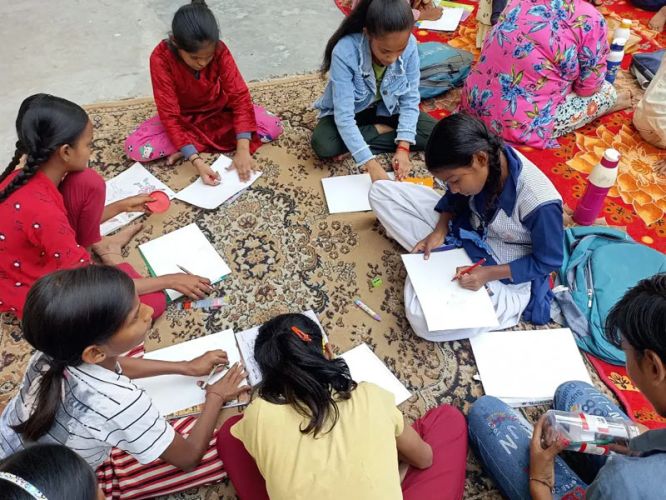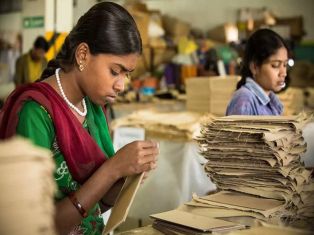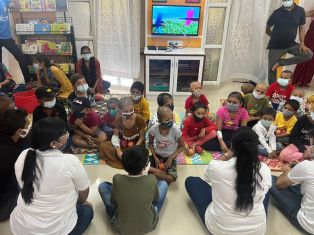-
Admin
Smaller businesses are the lifeblood of any economy, filling in innovation, creating job opportunities, and fostering social development. These busine...

For every child, education is a right, but unfortunately, millions of children worldwide are not allowed this basic right. A child's future is greatly impacted by their education. It provides the tools to break poverty cycles and open doors for opportunities, thereby opening a way out of a life of poor living conditions. But for most children coming from low-income communities, getting quality education is still in the distant future. Well, it's time we posed the question to ourselves: What can be done to offer quality education to all of them irrespective of their backgrounds?
Education is not reading and writing; it is to equip children with the abilities and knowledge needed to understand how to move around in this world. It is to give them critical thinking, creativity, and problem-solving skills. Once children are given the opportunity to learn, they benefit themselves, their communities, and society at large.
But the vast majority of kids still fall into this category. The United Nations Children's Fund, UNICEF, estimated that nearly 260 million children worldwide are not in school, and this is much worse in a country like India, where millions of children are deprived of basic education for purely economic and social reasons.
Despite the government's efforts to ensure education for all, there are still some barriers preventing children from accessing quality education. The most common barriers include the following:
Innovation to Ensure that Every Child Will Access Education In order to beat all these challenges, innovative solutions must be placed at all times to ensure each and every child has access to education. Emphasis on accessibility, equity, and inclusion are key to the proposed solutions.
Ways on How to Make Education more Accessible for All Children:
Making education accessible to all children is not just the responsibility of governments and NGOs; it is a collective effort that involves everyone. Communities, schools, teachers, and even individuals can play an important role in making education a reality for every child. Volunteering, donating resources, and spreading awareness about the importance of education can have a tremendous impact.
When we work together, we can build a world where every child has the opportunity to learn, grow, and succeed. By ensuring that education is accessible, we are not only investing in the future of children but also in the future of our world.
Every child deserves the right to learn, regardless of their origin or the challenges they face. In order to make education a right for all people and not a privilege, we must eliminate obstacles to education and welcome new ideas. It is time we act, for the future of our children depends on it. Let's make education accessible for all so that every child has a chance to build a better tomorrow.
Stay informed with Webpulse Foundation’s latest news and inspiring blogs. From updates on our impactful initiatives to stories of change, this section highlights what’s trending in our mission to make a difference. Explore thought-provoking articles, community success stories, and insightful pieces that keep you connected to our journey of helping those in need. Dive in and stay inspired!

Smaller businesses are the lifeblood of any economy, filling in innovation, creating job opportunities, and fostering social development. These busine...

Hope is that spark which sets things into motion. It is what turns ordinary people into changemakers and ideas into movements. When there is diversity...